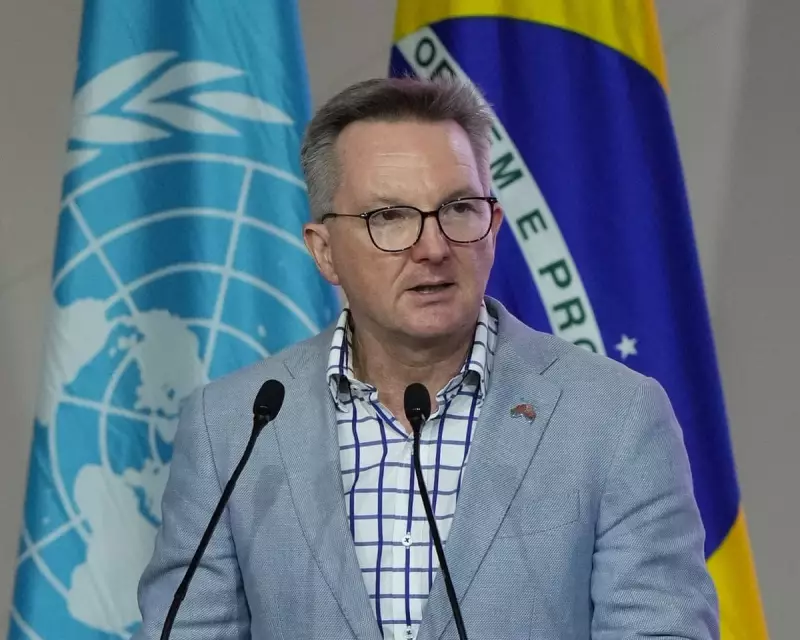
Australia's ambitious three-year campaign to host the Cop31 UN climate summit has officially ended in failure, with the event instead heading to the Turkish resort city of Antalya.
The collapse of Australia's bid represents a significant setback for climate advocates who had hoped hosting the prestigious international conference in Adelaide would accelerate the nation's transition from fossil fuel dependency to renewable energy leadership.
A Bid Marred by Internal Division
The failed hosting attempt revealed deep divisions within the Australian government. While Climate Change Minister Chris Bowen championed the bid, declaring Australia was 'in it to win it' at the Cop30 talks in Belem, Brazil, other senior figures appeared less committed.
Prime Minister Anthony Albanese sent mixed messages about the government's support, and notably hasn't attended a UN climate conference since taking office in 2022. The Department of Foreign Affairs and Trade, traditionally responsible for international climate negotiations, was reportedly disengaged and sometimes outright opposed to the bid.
This internal uncertainty translated to media reports suggesting the government was preparing to walk away from the hosting rights, creating confusion about Australia's true intentions.
An Unexpected Solution Emerges
In a surprising twist that may salvage something positive from the failed bid, Bowen announced an unprecedented deal with his Turkish counterpart, Murat Kurum.
Under this creative arrangement, Turkey will serve as the official Cop31 host and president, while Bowen will assume the role of 'president of negotiations' - a pivotal position responsible for wrangling nearly 200 countries through the complex climate talks.
The deal also includes provisions for greater Pacific island representation, including a lead-up event hosted by an island nation, addressing concerns that the original bid's Pacific focus might be lost.
Why This Might Be the Best Outcome
Despite initial appearances of failure, many climate negotiation experts believe this unusual compromise might actually represent the best possible outcome for the UN climate process.
Turkey had refused to withdraw its hosting bid despite having significantly less support than the Australia-Pacific proposal. At least 24 of the 28 countries in the Western Europe and Others Group had backed the southern hemisphere bid.
Erwin Jackson from Monash University's Climateworks Centre, a veteran climate talks observer, emphasised the importance of Bowen's new role: 'Every successful Cop has been determined by a president holding the pen who can listen, build consensus and deliver an ambitious outcome. It's the most important role at the Cop other than making sure that people have food.'
Bowen is widely respected in international climate circles, having been asked to co-chair negotiation streams at all four UN climate conferences he has attended. His appointment to this key position could help counter concerns about Turkey's climate commitment and its close relationship with Russia's Vladimir Putin.
While significant questions remain - particularly regarding civil society participation under Turkish leadership - this creative solution keeps the vital multilateral climate process moving forward at a time when ambitious global cooperation is more crucial than ever.





